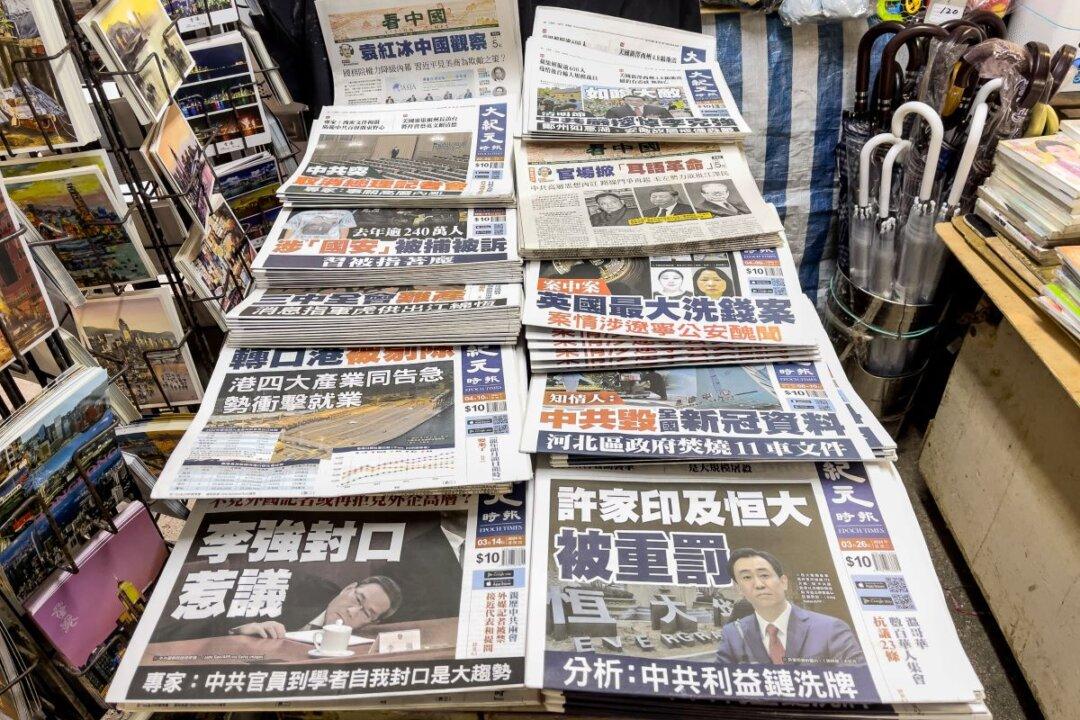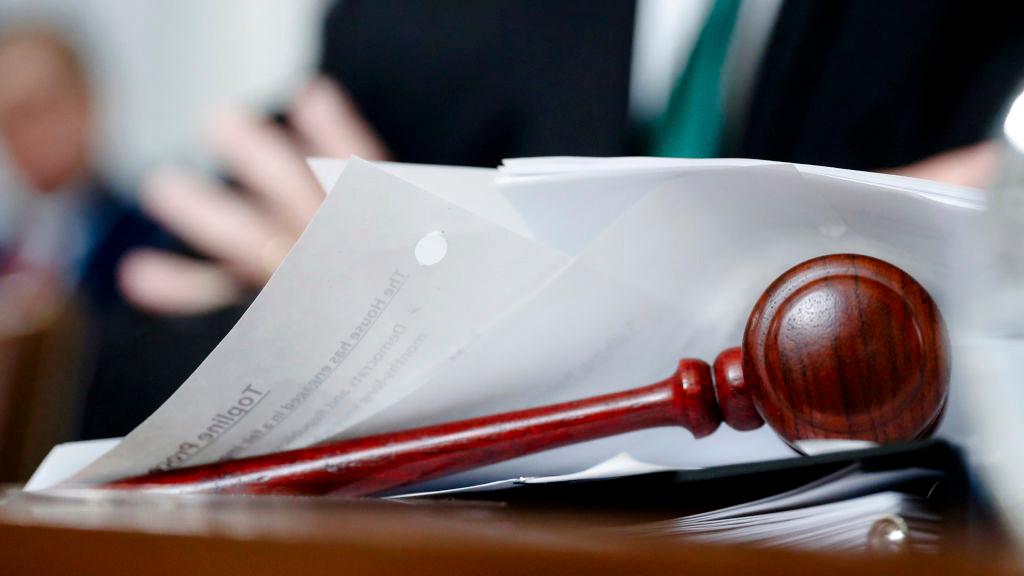China won’t be joining in Western sanctions against Russia over its invasion of Ukraine and opposes such unilateral measures, the country’s banking regulator said on March 2.
Guo Shuqing, chairman of the China Banking and Insurance Regulatory Commission, claimed that Western sanctions on Russia “don’t have much legal basis.”
“We won’t join such sanctions and will keep up normal trade and financial exchanges with relevant parties,” he told reporters during a press conference.
China has remained Russia’s largest trading partner for 12 years, according to Chinese commerce authorities.
The two neighboring countries have fostered increasingly close relationships in recent years, with total bilateral trade last year reaching a record $146.9 billion, marking a 35.9 percent jump from the previous year. At a summit with Russian President Vladimir Putin in early February, Chinese leader Xi Jinping expressed hope to raise the target to $250 billion within two years.
Guo said that Western sanctions on Russia would have a minimal impact on the Chinese economy, now or in the future.

At a regular press briefing on March 2, Chinese foreign ministry spokesperson Wang Wenbin said Beijing “firmly opposes” unilateral sanctions—a position it has taken on Afghanistan, Venezuela, and Iran.
Still careful to avoid the “invasion” label, Wang had described the conflict as “expanding warfare,” noting that Beijing was “deeply grieved to see the conflict between Ukraine and Russia and highly concerned about the damage done to civilians.” He added that he supported international efforts to achieve a political settlement.

While the Chinese readout didn’t explicitly say Wang agreed that China would help mediate a ceasefire, the Ukrainian side suggested that he had.
“China is ready to make efforts to end the war through diplomacy,” the Ukrainian Embassy in Finland wrote in a tweet following the call. Wang, it added, “assured Dmytro Kuleba of China’s readiness to make every effort to end the war on Ukrainian soil through diplomacy,” including as a permanent member of the United Nations Security Council.
Asked to clarify whether Beijing would take up the mediator role, the ministry’s spokesperson has remained ambiguous. China will “continue to play a constructive role in promoting the deescalation,” he said at a March 2 press briefing.
Meanwhile, the Russian state-controlled energy giant Gazprom signed a contract on Feb. 28 to design a pipeline to China, which would supply as much as 50 billion cubic meters of natural gas to the country annually via Mongolia.





